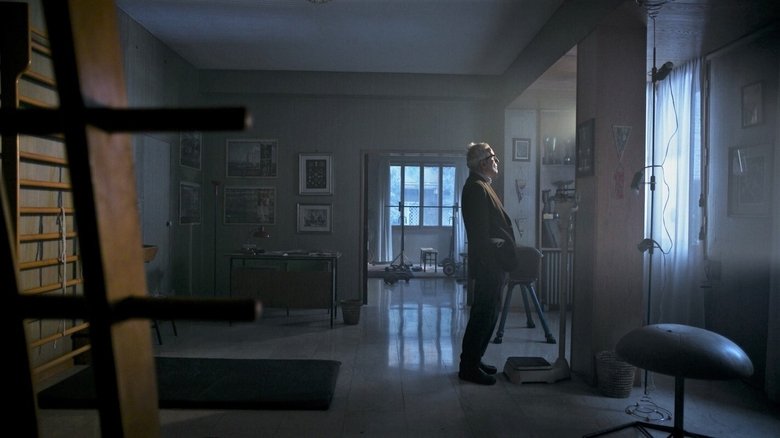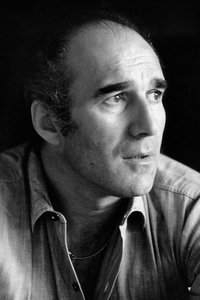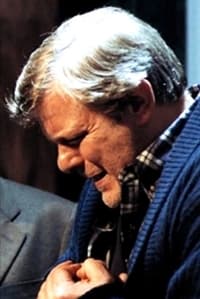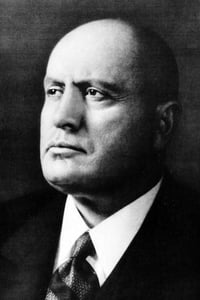Marx Can Wait
Genres
Documentary
OverView
"Marx can wait" was something Camillo Bellocchio said to his twin Marco the last time they met before the former died at a young age in the heated days of 1968. This documentary is dedicated to his memory.
Others
Budget
$--
Revenue
$--
Status
Released
Original Language
Italian
Runtime
96 mins
Rating
7.3/10
Release Date
15 July 2021
Country
Italy













